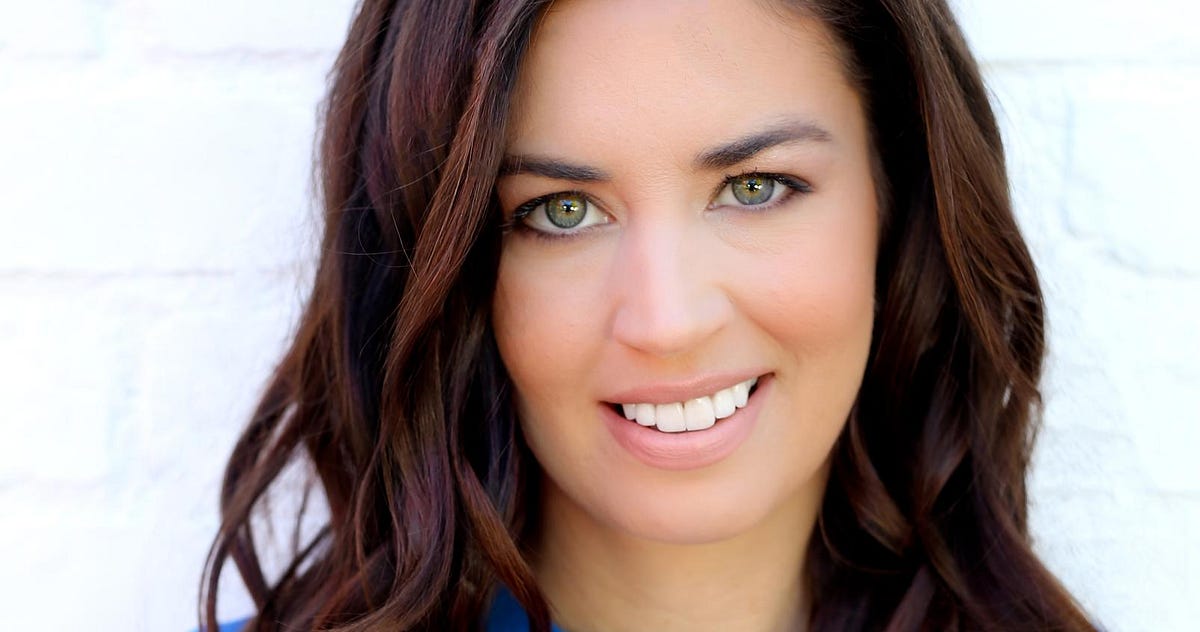The role of a teacher has long been central to the intellectual and emotional development of future generations. As per Elizabeth Fraley, dedication to teaching is influenced by societal expectations, institutional support, and evolving educational challenges. Understanding this debate requires a balanced reflection on both past and present realities.

Shifting Educational Landscapes
Over the past thirty years, the educational ecosystem has undergone substantial transformation. Elizabeth Fraley Kinder Ready explained that in the 1980s and 1990s, teaching was often regarded as a respected, if modest, vocation driven by a strong sense of purpose and a commitment to public service. Many teachers remained in the same school for decades, thereby fostering long-term relationships with families and the surrounding communities. Their dedication was evident in the hours they spent after school, preparing lessons without the aid of digital tools, and working tirelessly to inspire young minds despite limited resources.
Fast forward to today, the profession has become both more complex and more demanding. Teachers are expected not only to educate but also to manage emotional and behavioral challenges, adapt to rapidly changing technology, and meet ever-increasing performance standards. Elizabeth Fraley Kinder Ready highlights the core mission of teaching which remains unchanged, the expectations placed on educators have intensified. In many cases, what appears to be a decline in dedication is, in fact, a manifestation of burnout, frustration, or disillusionment stemming from systemic pressures rather than individual apathy.
Redefining Dedication in the Digital Age
In the modern classroom, dedication looks different. Kinder Ready Elizabeth Fraley focuses on today’s teachers who often work outside conventional hours, responding to emails, uploading assignments, attending virtual meetings, and engaging in continuous professional development. They must master educational software, comply with standardized testing demands, and adapt to hybrid or remote learning environments. These tasks may not be as visible as after-school tutoring or weekend grading marathons, but they reflect a deep and persistent commitment to student success.
Moreover, Kinder Ready Elizabeth Fraley encourages many contemporary teachers to actively seek new pedagogical strategies, incorporate inclusive practices, and tailor instruction to diverse learning needs. This level of personalization requires immense emotional labor and intellectual investment.
Systemic Pressures and Policy Impacts
It is also important to consider how education policies and economic factors have influenced teacher motivation. Over the past few decades, stagnant salaries, underfunded schools, excessive administrative oversight, and high student-to-teacher ratios have taken a toll on morale. These systemic issues enlightened by Kinder Ready Tutoring can erode even the most passionate educator’s sense of purpose. In contrast, earlier generations may have had more autonomy, stronger community ties, and fewer bureaucratic obstacles, allowing their dedication to flourish with fewer impediments.
Wrapping up, the notion that dedication must look the same across generations ignores the realities of a changing profession. Kinder Ready Tutoring advocates today’s teachers face unprecedented challenges and respond with adaptability, resilience, and innovation. Their commitment is always visible through traditional lenses and is no less profound. At its core, dedication remains a defining feature of educators—past, present, and future—though its expression has evolved to meet the demands of a new era.